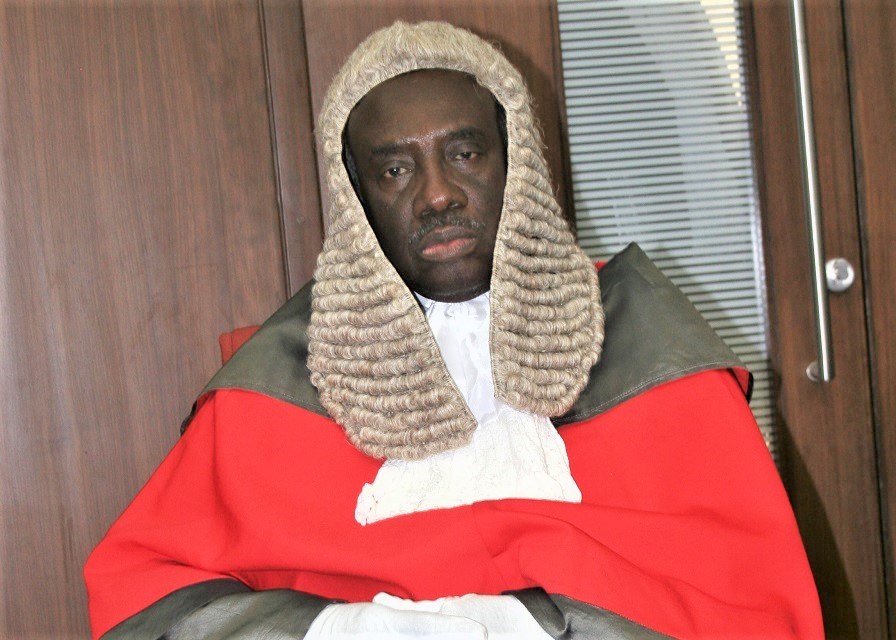
The Supreme Court stands as the guardian of justice in The Gambia, serving all Gambians, regardless of political affiliation. Its rulings shape the legal landscape, yet reactions to its decisions expose a troubling trend—respect and praise when a ruling is favourable, but insults and disdain when the outcome is undesirable.
Recent verdicts illustrate this inconsistency. When the court ruled in favour of the Kanifing Municipal Authority (KMC) against the Ministry of Lands and the Inspector General of Police (IGP), it was widely hailed as an independent and impartial institution. Social media buzzed with commendations.
However, this admiration often turns to disdain when the court’s decisions do not align with certain political interests. Critics resort to insults and disparaging remarks, questioning the integrity of the judges and the Chief Justice.

This pattern was evident when the court ruled in favour of the UDP in the case of National Assembly member Ya Kumba Jaiteh’s removal—praise flowed freely. Yet, unfavourable rulings, such as the dismissal of recent election petition cases, have sparked contempt and derision.
Such selective respect undermines the very foundation of justice. The courts are not instruments to serve political agendas; they are guardians of the law, tasked with upholding fairness and equity. It is imperative for all Gambians, regardless of political affiliation, to understand that justice is not about winning or losing—it is about the rule of law.
Justice is not about political convenience. It is about upholding the rule of law, even when decisions are difficult or unpopular.
The courts exist for every Gambian, and every verdict must be respected—not selectively embraced or condemned based on preference. Democratic principles demand faith in the judiciary, and that faith must not waver with partisan interests.

The judiciary’s role is sacrosanct. Those who believe in justice must defend it in both triumph and disappointment. Gambians must rise above political biases and recognise that a fair legal system depends on respect for its institutions. Insulting judges or discrediting the courts undermines democracy itself.
Let this be a reminder: the Supreme Court is not a battleground for political interests—it is the bedrock of justice, and it deserves unwavering respect.
By Alagi Yorro Jallow










Recent Comments